On November 28, just hours before the release of the fifth group of hostages in exchange for dozens of Palestinians being held by Israel, both Israel and Hamas accused each other of violating the temporary ceasefire.
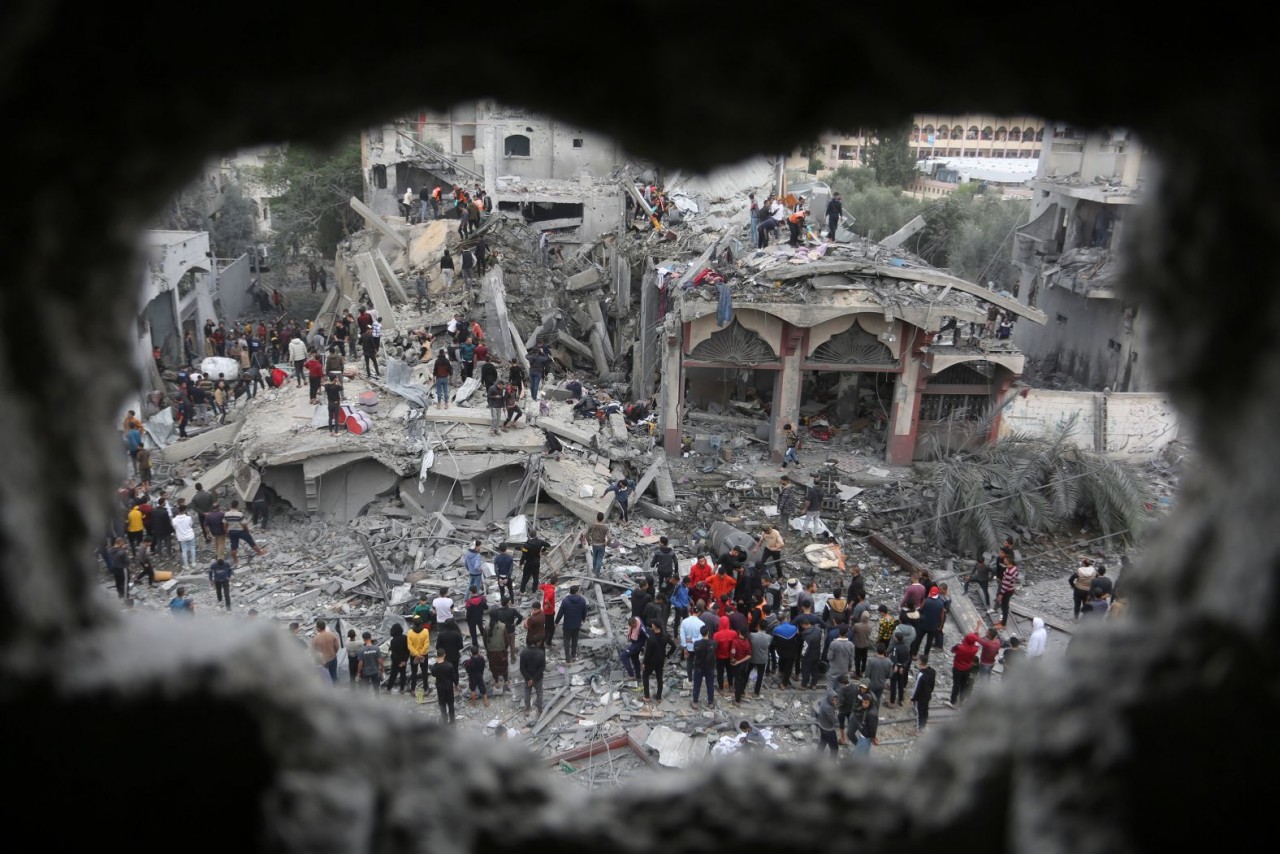 |
| Palestinians search for survivors after an Israeli attack in Rafah, Gaza, November 22. (Source: AP) |
Earlier, the Israel Defense Forces (IDF) said that several of its soldiers were lightly injured in three separate explosions and a gun battle in the northern Gaza Strip.
The IDF said the incident violated the “ceasefire framework,” also known as the temporary ceasefire.
Meanwhile, the Palestinian news agency ( WAFA ) quoted a spokesman for Hamas' military wing as saying that there was "a clash on the ground" after the IDF violated the terms of the ceasefire agreement. However, this person did not elaborate on the incident.
In another development, on the same day, Russian President's Special Envoy for the Middle East and Africa and Russian Deputy Foreign Minister Mikhail Bogdanov discussed with Iranian Ambassador to Moscow Kazem Jalali the Israel-Palestine conflict and the humanitarian situation in the Gaza Strip.
The two sides also touched on a number of other topical issues on the Middle East agenda.
“During the meeting, the two sides had an in-depth exchange of views on the current situation in the Israeli-Palestinian conflict zone. Special attention was paid to the humanitarian situation in the Gaza Strip,” the Russian Foreign Ministry said in a statement on its website.
In connection with the situation, the United Nations (UN) Under-Secretary-General for the Coordination of Humanitarian Affairs and Emergency Relief Services, Martin Griffiths, will travel to the Jordanian capital Amman to participate in discussions on the possibility of reopening the Kerem Shalom crossing for humanitarian aid to reach the Gaza Strip.
“We have said from the beginning that aid operations need more than one crossing point. The opportunity to use Kerem Shalom will be considered and that is on my agenda in Amman,” Martin Griffiths said at a press conference in Geneva on November 28.
Located at the crossroads between Israel, the Gaza Strip and Egypt, the Kerem Shalom crossing was used by more than 60% of trucks entering the Gaza Strip before the current conflict.
Aid shipments are now allowed into the Gaza Strip through the Rafah crossing on the Egyptian border, which is designed for pedestrians to cross rather than trucks.
In a related development, a Western diplomat said that there is no prospect of reopening the Kerem Shalom border crossing at this time. According to him, Israel does not want to reopen this crossing because its soldiers are stationed in the area.
Israel has not yet made any official comment on the above information.
Meanwhile, the UN World Food Programme (WFP) warned on November 28 that people in the Gaza Strip are at risk of starvation if humanitarian food supplies do not continue.
According to WFP, the six-day ceasefire to allow humanitarian aid into the Gaza Strip is “not enough to make any meaningful impact”.
The agency also called for regular and continuous international food supplies to Gaza. WFP said that since the ceasefire took effect on November 24, they have delivered food to more than 121,000 people in the Gaza Strip.
“Thanks to the ceasefire, our teams were able to operate on the ground, entering areas we had not been able to reach for a long time. What we saw was devastating,” WFP said.
The agency also warned that “there is a very high risk that Gazans, especially women and children, will face starvation if WFP cannot continue to provide them with food.”
Source


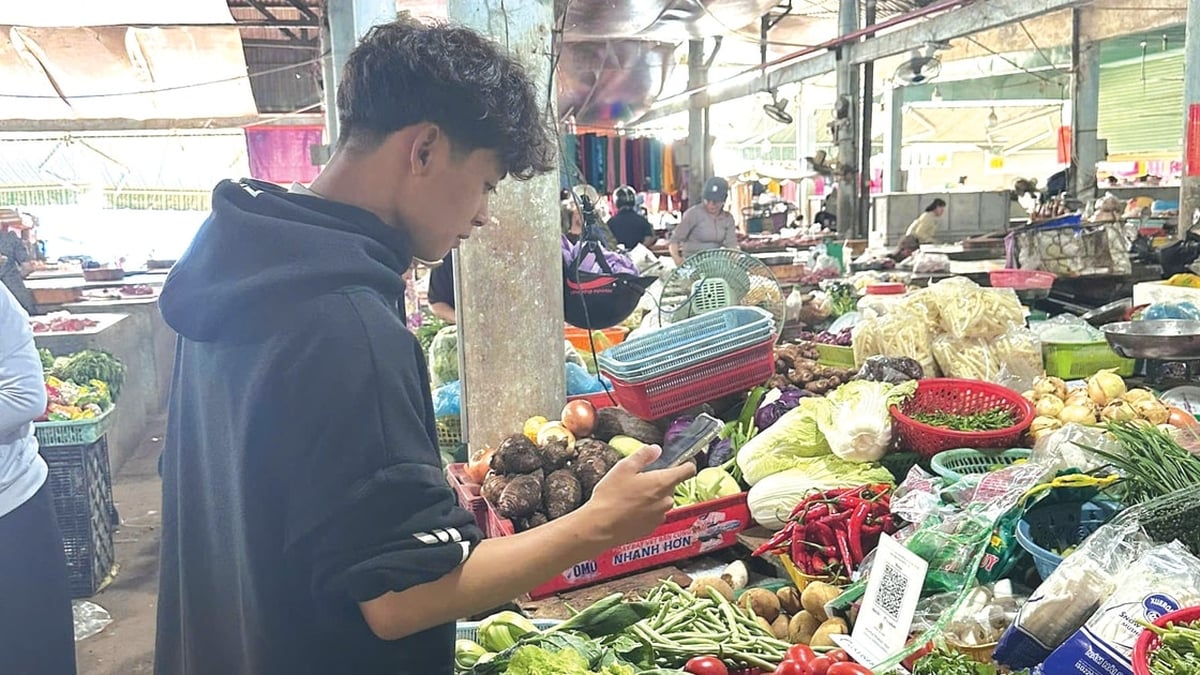


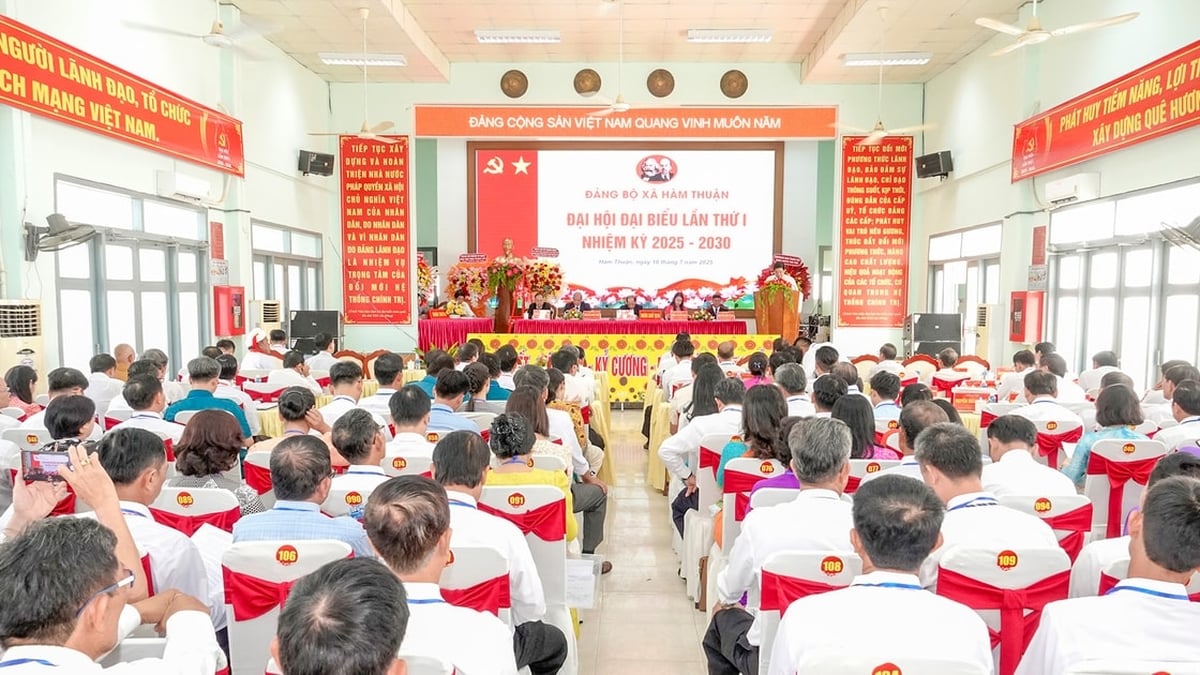
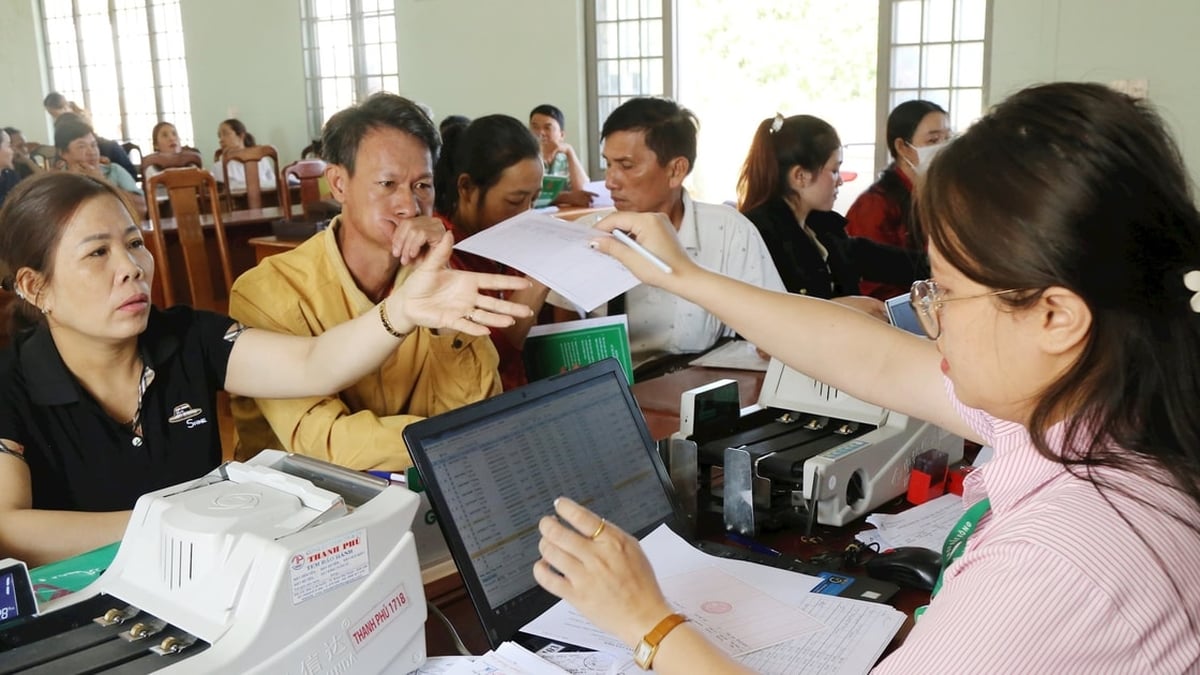




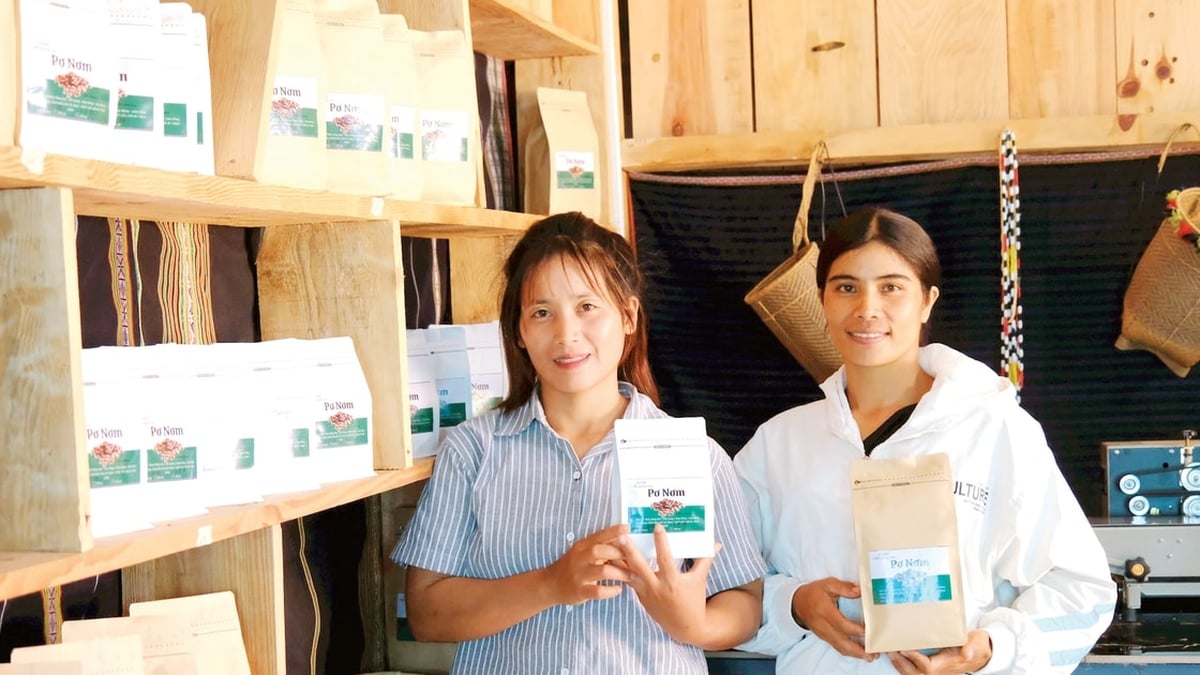

















































































![[Infographic] In 2025, 47 products will achieve national OCOP](https://vphoto.vietnam.vn/thumb/402x226/vietnam/resource/IMAGE/2025/7/16/5d672398b0744db3ab920e05db8e5b7d)





Comment (0)